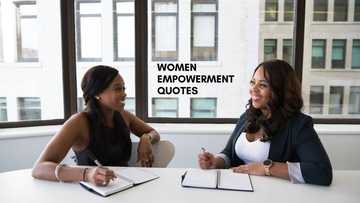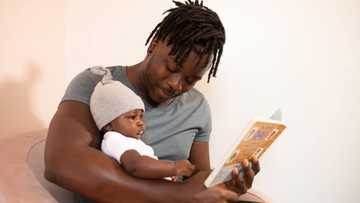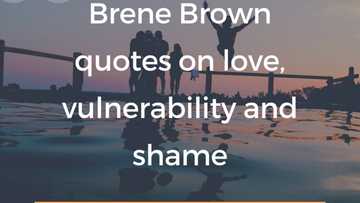How Society Can Show Support to Special Needs Families, By Oyedemi Oluwatobi Tomiwa
Editor's note: In this piece, Oyedemi Oluwatobi Tomiwa, an advocate for disability inclusion, reflects on a viral story of a Nigerian mother who gave birth to four children with special needs. Drawing from the account, Tomiwa urges society to move from pity to empathy, offering practical ways to support such families with dignity.
I wanted to start by looking into the antecedents of the presented scenario, analysing what the woman could have done better, but I might end up playing a “blame game”. I am tempted to move out of context, but I will stick to the question asked.
“A woman gave birth to 4 children with special needs, how society can be more intentional in recognising and supporting caregivers/parents of children with special needs”
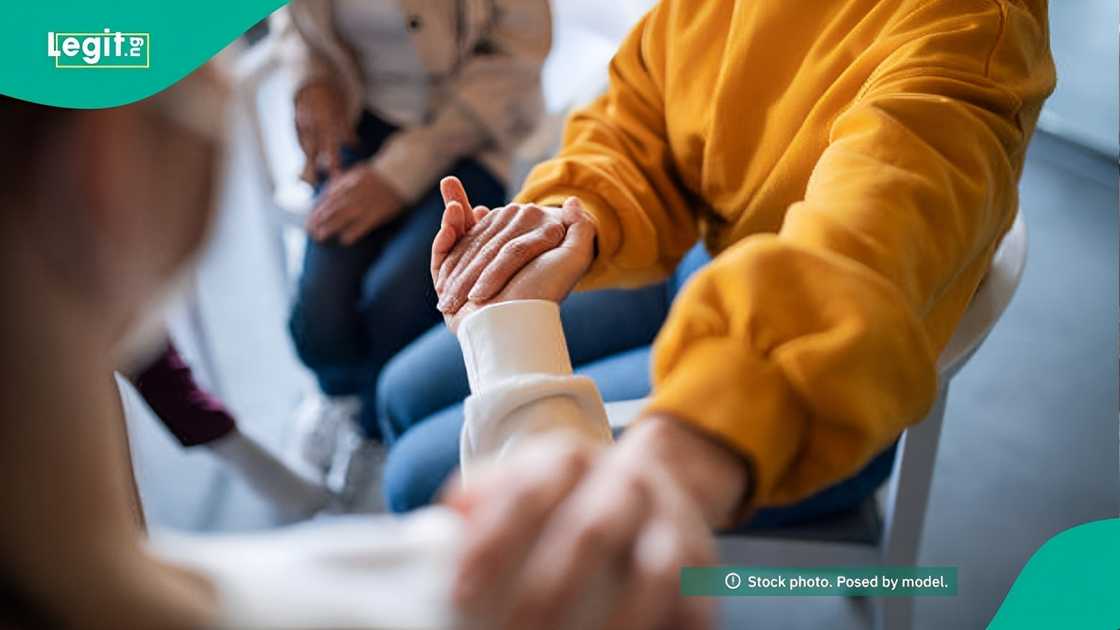
Source: Getty Images
Permit me to introduce my response to the question with three words: Empathy, Sympathy, and Apathy.
The moment society understands these three concepts in their contexts, everything else will follow.
Let me explain each of these in simple words.
Empathy is putting yourself in other people’s shoes. Feel their pain and do what you could have done for yourself for them. By context, you ask yourself, what if you were the parent of these children with special needs? How will you want people to react to you? What kind of words and actions would you want them to say and project?
Sympathy, on the other hand, is feeling sorry for others. While Apathy is that “I don’t care” attitude- “Am I the one who asked her to keep giving birth to children without caution? What concerns me? …”
But it can be tricky, separating empathy from sympathy. Some people mask it. They behave as if they care, and talk as if they are concerned - empathy, whereas it is all sympathy in disguise.
This is what empathy does: empathy does not only say, it does. Empathy is an action word. It tells and shows love, and embraces persons with special needs. It acts out what it claims to be.
Having understood this, society must empathise with parents and caregivers of persons with special needs, rather than sympathising or at the cruel level – “apathizing”.
Empathy will not only make you recognise the struggle of parents of children with special needs, but will also make you intentional, as well as fully involved and participate in their affairs. This includes learning about special needs to understand disabilities.
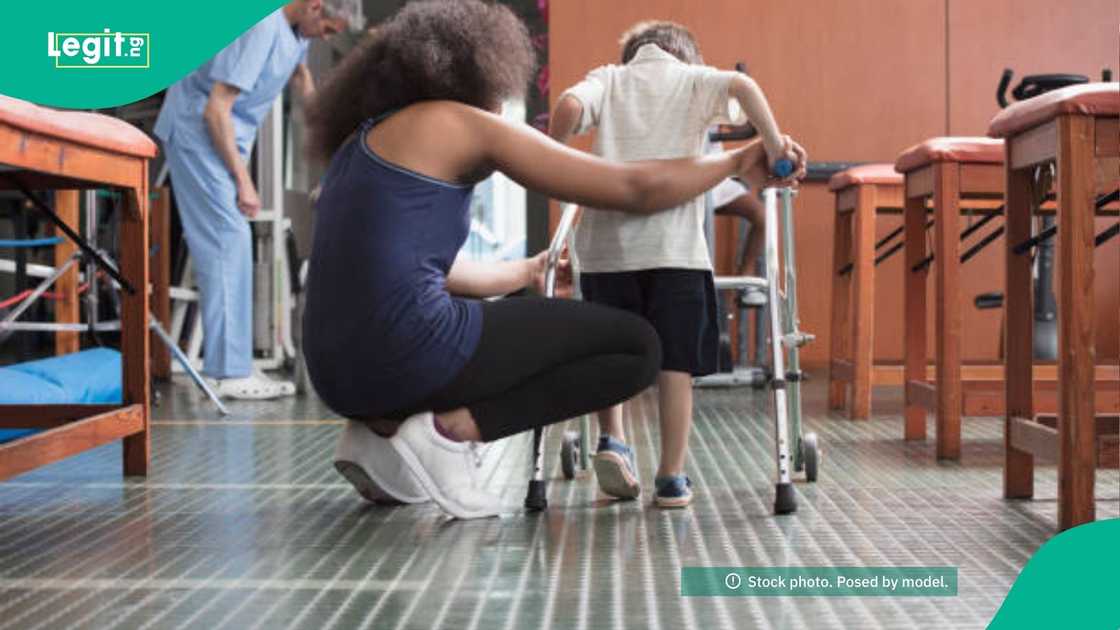
Source: Getty Images
From experience, I have come to realise that stereotypes and stigmatisation abound because people have little or no understanding of disabilities. They thought disability was a disease and as a result, they didn’t want anything to do with someone with a disability or their parents/caregiver, which leads to associative stigma.
When society has adequate knowledge about special needs and individuals with disability, they will know how to support them, using different support mechanisms; psychological, therapeutic, educational, medical, social, and financial support.
You give support to individual according to their unique need.
Moving forward, I will not leave you clueless, here are some practical things that individual who makes up a society should be doing intentionally to support parents/caregivers of children with special needs.
- Stop speaking derogatory and demeaning words to parents/ or caregivers of children with special needs.
- Never join others in making a mockery of children with disability.
- Be an encourager and not a discourager.
- “Little” help and assistance are more than a nice gesture, they are inclusive in nature.
- Become a special needs advocate. Fight against ableism, stereotypes, stigmatisation, and exclusion.
- Give financial support as and when due, especially on the issue of healthcare and education.
- Invest your skill, time, and energy in community enlightenment programs and inclusive initiatives.
- Ultimately, show and tell love and empathy.
I will conclude by saying that I wouldn’t love to address “society” as a cooperate entity but as an individual. Thus, individuals in society should be loving and kind. They should remember that we are all humans, regardless of ability or disability. If we all have this mind in us, empathy will be our watchword.
Disclaimer: The views and opinions expressed here are those of the author and do not necessarily reflect the official policy or position of Legit.ng.
Oyedemi Oluwatobi Tomiwa is the executive director of Able Voice, an NGO supporting children with disabilities aged 3 to 17, including those with hearing or visual impairments, autism, and intellectual disabilities. As a passionate disability dights advocate, he promotes inclusion through education and vocational empowerment.
PAY ATTENTION: Сheck out news that is picked exactly for YOU ➡️ find the “Recommended for you” block on the home page and enjoy!
Source: Legit.ng



